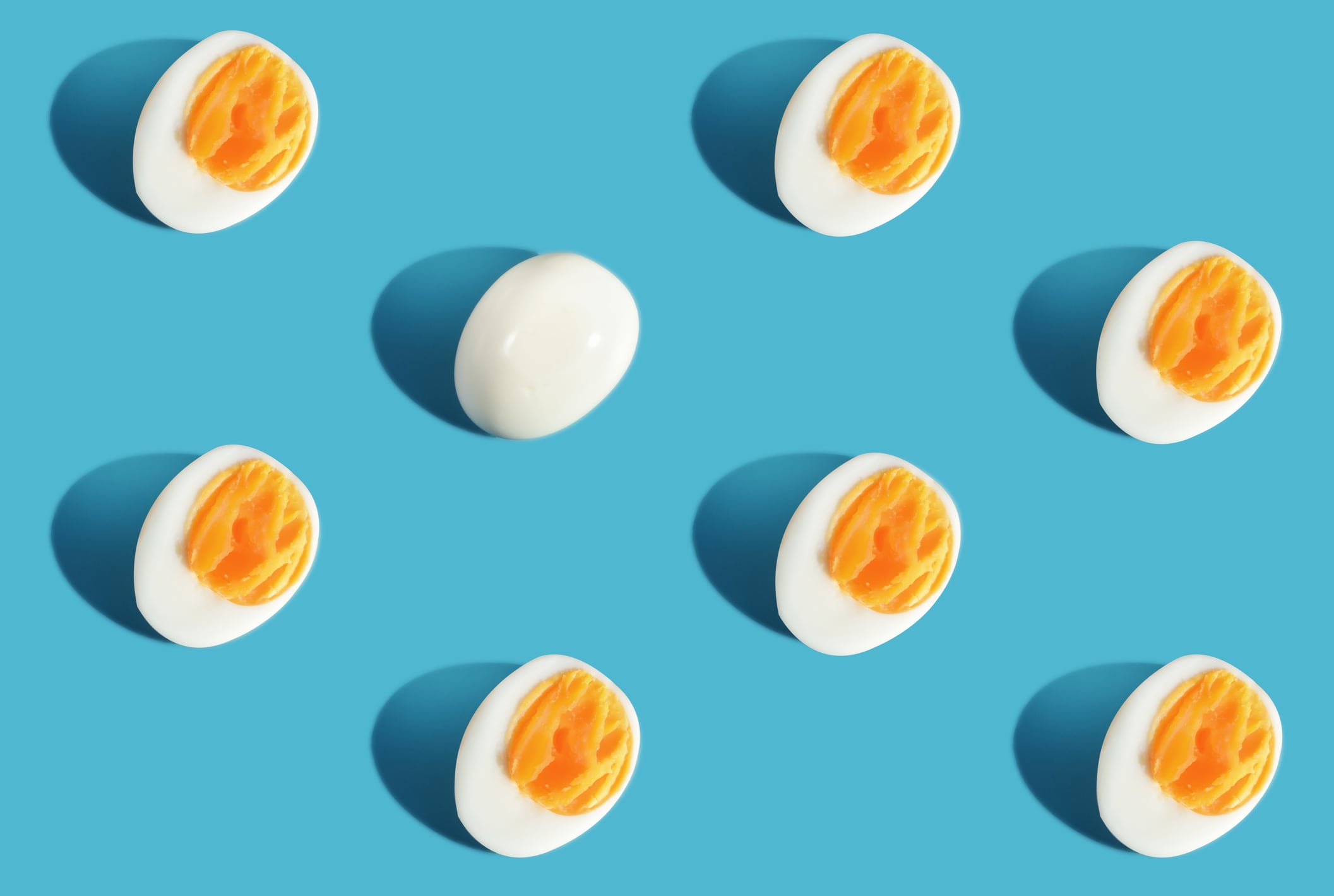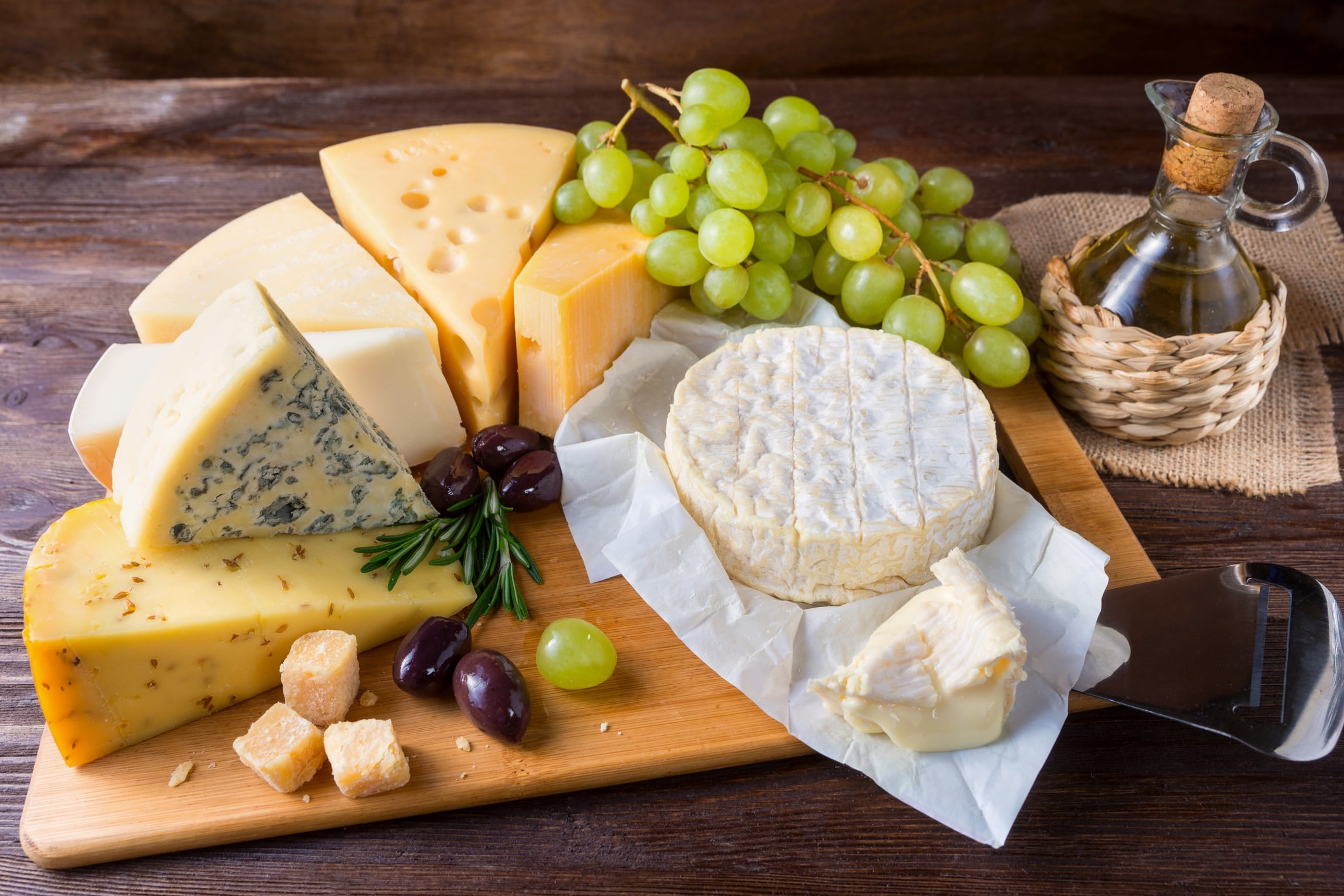Researchers from New Zealand’s Massey University are warning of potential nutrient deficiencies from adopting a vegan diet.
The research team, led by Bi Xue Patricia Soh, examined the protein intake of individuals following long-term vegan diets, finding that 75% of vegans consumed enough protein overall, but only half met the recommended daily intake of essential amino acids, lysine and leucine.
Proteins are composed of amino acids, which serve as fundamental building blocks for the body. Although the human body can produce many amino acids on its own, there are nine “indispensable amino acids” that can only be obtained through diet.
And, because plant-based foods often contain lower or more variable levels of these essential amino acids compared to animal-based foods, meeting the recommended daily requirements can be more challenging for those on a vegan diet.
Understanding of vegan diet
Previous research into the health implications of vegan diets has not considered specific amino acids or the digestibility of different foods.
To develop a further understanding of amino acid intake in vegan diets, Soh and her colleagues analysed detailed, four-day food diaries kept by 193 long-term vegans, living in New Zealand.
The researchers used information from the United States Department of Agriculture and the New Zealand FoodFiles database to calculate participants’ intake of different amino acids from the different foods they ate.
The analysis showed that around three quarters of participants met daily total protein requirements. Accounting for body weight, intake of all indispensable amino acids also met requirements.
However, when considering digestibility, only half of the participants met daily requirements for lysine and leucine levels, making them the most limiting indispensable amino acids in the study.
Among the food types consumed by participants, legumes and pulses were the biggest contributors to overall protein and lysine intake.

Dangers of long-term vegan diet
On the basis of their findings, the team is calling for future research to explore how intake of leucine and lysine could be boosted for vegans in a nutritionally balanced manner.
“Vegan diets are the most restrictive form of plant-based eating, relying entirely on plant sources for all nutrients,” says a spokesperson for the study. “Achieving high protein quality on a vegan diet requires more than just consuming enough protein – it also depends on the right balance and variety of plant foods to supply all the amino acids in the quantities that our body needs."
They go on to raise serious concerns over the potential dangers of adopting a vegan diet, saying that prolonged deficiencies in these essential nutrients can negatively affect overall protein balance, muscle maintenance, and other physiological functions, especially in more vulnerable populations.
“In our study, lysine and leucine were the most commonly under-consumed amino acids in our vegan cohort and fall below the daily requirements needed by our body,” says a spokesperson for the study. “This is because many plant foods generally contain lower quantities of these amino acids that can be absorbed and utilised by the body.”
Top foods to include in vegan diet
The researchers were quick to highlight the benefits of certain vegan foods, not only to support overall protein intake but also to specifically increase lysine and leucine quantities in a vegan diet.
These include:
- Legumes
- Nuts
- Seeds

Source: Evaluation of protein intake and protein quality in New Zealand vegans
Published online: 16 April 2025
DOI: 10.1371/journal.pone.0314889
Authors: Bi Xue Patricia Soh, Matthieu Vignes, Nick W. Smith et al.





